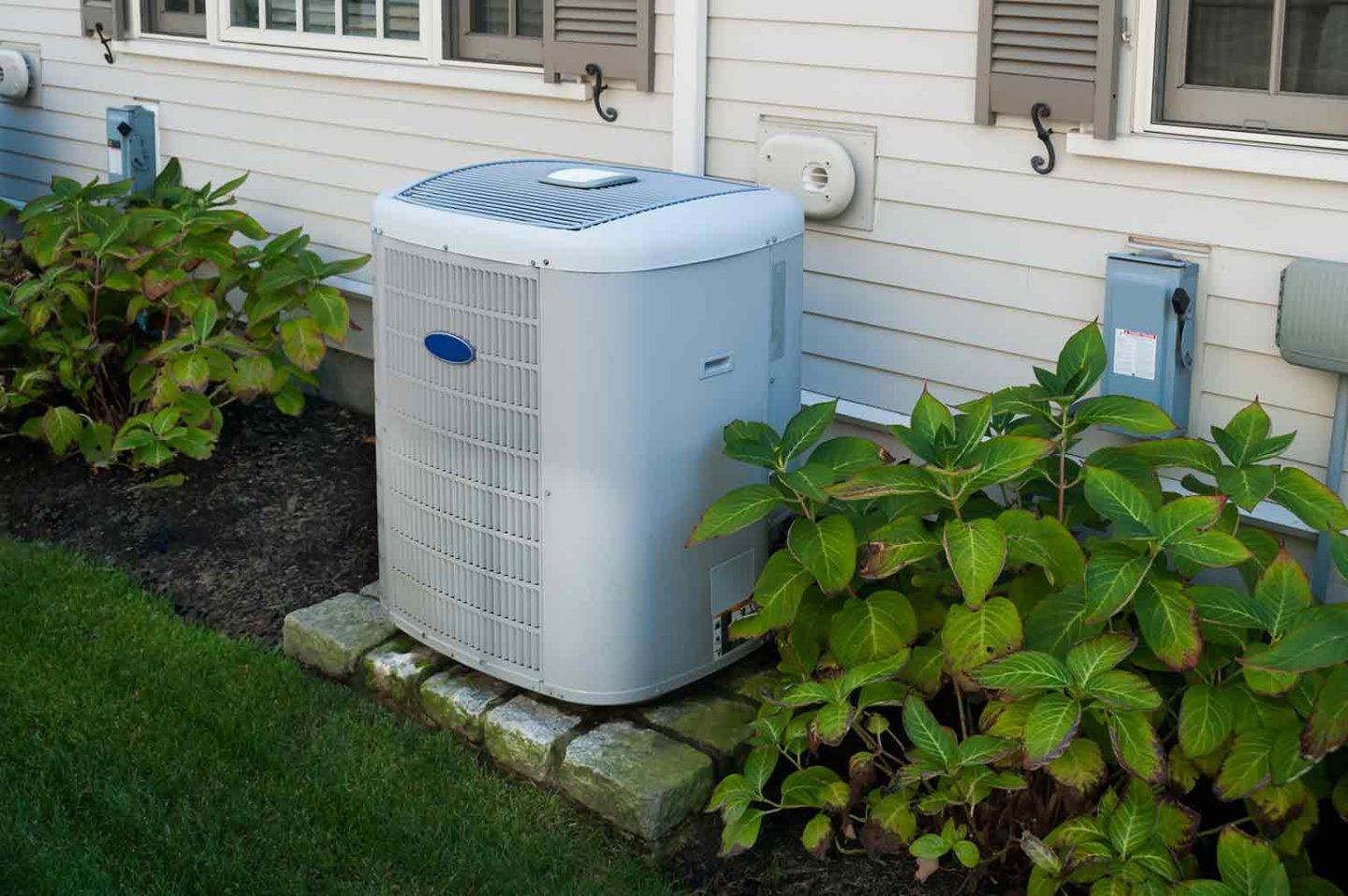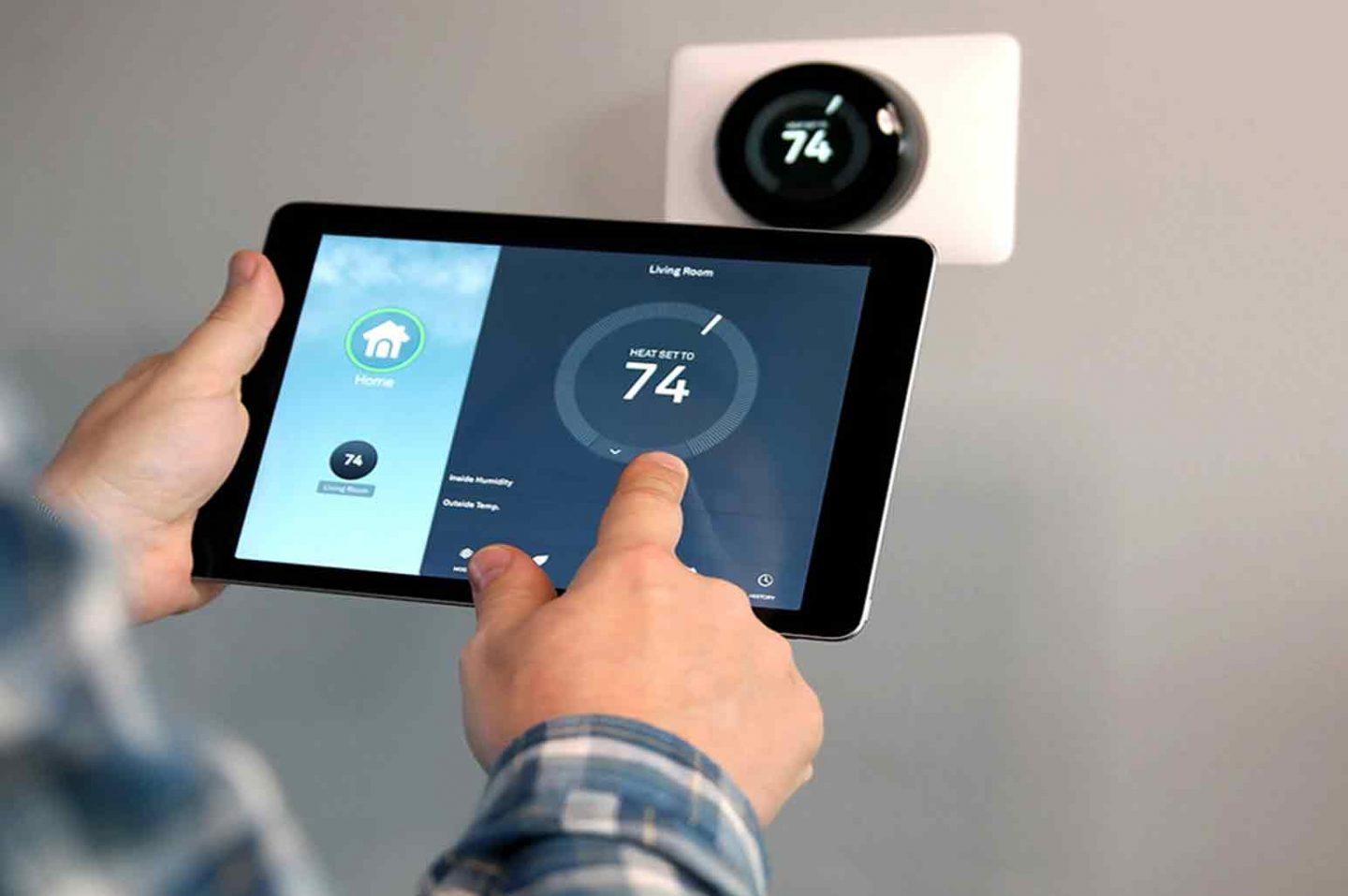There are a lot of factors that can impact the performance of your HVAC system. Weather, how old your system is, and even where you live can have an effect on the efficiency of your air conditioning unit. That’s why it is so important to take care of it in order to ensure its longevity and avoid expensive repairs down the road. In this blog post, the discussion will be about what needs to be done during each season for optimal performance from your heating and cooling systems.

Turn Your Thermostat Down When You Are Not Home
People who are not home for extended periods of time should turn their HVAC system down to conserve energy. If you will be gone more than a day, then it is recommended that you have someone come by and switch off your HVAC entirely during the daytime hours while they wait around outside just in case there happens to be an emergency situation on-site where services from an HVAC tune-up checklist are needed. You can also program this person’s phone number into your thermostat, so when they arrive at the house, all they need do is enter their phone number and set away mode if desired.
Check for Air Leaks
You should always have in mind that air leaks may be the cause of HVAC breakdowns. To check for air leaks, you should put a piece of tissue paper over your registers and then feel around to see if it moves.
– If the material is moving on its own without anyone touching it, there might be an issue with the seals or screws that are holding everything together
– Hinges can also create issues indoors; they may not seal properly due to corrosion or dirt/dust accumulation
– Hinges will need replacing when they start wearing out, which typically starts happening at about age fifteen years old.
Clean or Replace Filters Regularly
Replacing filters regularly will make the HVAC system more efficient and decrease allergens in your home.
Do not use harsh solvents to clean filters as this could damage them or make it difficult for air to flow through. I recommend using a hose, soap water, an old toothbrush, and dry paper towels – You can also purchase an HVAC filter cleaning kit if you don’t want to buy the supplies separately.
Clean vents often by vacuuming any dust accumulation with a narrow attachment nozzle vacuum cleaner, then wipe down vent grills (or replace) with a damp cloth (make sure they’re completely dry before replacing).
All in all, clean vents once per month and change the furnace filter every three months when the heating season is over to make sure you are taking good care of your AC. Also, the HVAC system will need to be serviced at least once per year.
Use an Indoor Fan – It Can Make a Huge Difference in How Cool Your House Feels!
HVACs do a lot to help keep your house cool, but they can’t work miracles. Indoor fans are the best way to cut back on energy costs and make sure you’ll stay comfortable when it’s hot out!
So, open up your windows for 20 minutes every morning or evening, as this way air will circulate throughout the home as well as cool it down. You might not realize that just opening one window in an average size room is enough airflow to change how warm your whole living space feels! Just remember to close those windows before bedtime, so no bugs come inside.
If you’re more of a night person like me, then think about using central cooling instead. It’s a unit that is installed indoors and circulates air with an evaporator, cooling the inside of your home just like HVAC would do!
You can also use fans as they’re inexpensive and easy to install. I have three ceiling fans in my living room/kitchen area alone which circulate the air wonderfully and keep me cool during hot days when I don’t want to run central AC.
When you wash clothes or dishes, turn on some ventilators or open up windows so that moisture doesn’t stay trapped inside your house (and make sure vents are clear!)
Keep Windows Closed During the Day
Keeping windows closed will help your AC immensely, especially those on the south side of the house where heat rises from outside to inside (this is called “the stack effect”). This lets the HVAC system focus on cooling just your home’s interior.
You can also help decrease outdoor heat by turning off lights and electronic devices when they are not in use, closing blinds or curtains at night to keep out light from streetlights as well as summer sun that shines in through windows during the day, running a fan where it will circulate air throughout your house (but only in one room), and using shades made of reflective material to reflect sunlight away from windows.
Don’t Turn up the Temperature Too High
Electricity bills are what people can be afraid of when it comes to HVAC, but what about the wear-and-tear on your HVAC system that you could be done by turning up the temperature too high?
Turning up the heat can cause some serious problems over time for your HVAC system. Suppose you live in an area where winter temperatures fluctuate drastically from day to night and back again throughout the week. In that case, this is even more important because those fluctuations are not natural or healthy for any HVAC system.
Additionally, extra costs of energy will accumulate quickly if one has their home at a higher than necessary temperature setting during nighttime hours when electricity rates are lower per kilowatt-hour.

In the same vein as saving your pennies by turning off lights when you leave a room, there are also simple ways to save on heating and cooling costs in your home. By adjusting how much heat is available during different times of day or night, using an indoor fan for circulation, keeping windows closed during the day to avoid drafts, and not raising the thermostat too high when it’s warm outside – these tips can help you cut down on energy bills without sacrificing comfort! How have you saved money around your house?
